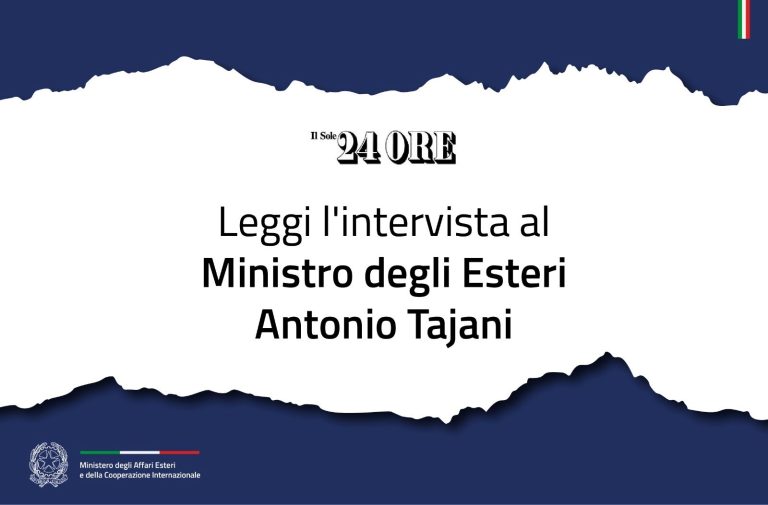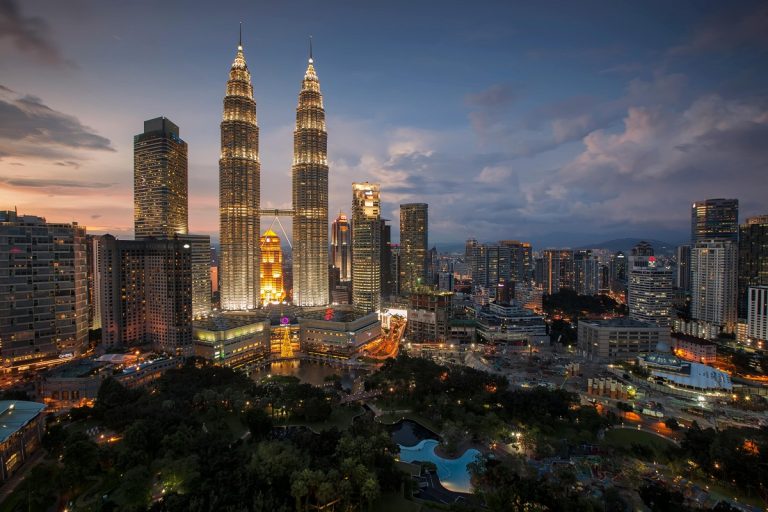Montenegro’s Economic Reform Programme for 2017-2019 has been deposited with the local EU delegation.
The strategic goal of the three-year programme is to achieve inclusive and sustainable economic growth capable of bridging the development gap between Montenegro and the European Union (Montenegro’s average per capita income is currently 46% of the average of EU Countries). Two types of reforms have been developed to achieve this target: the first group aims at reinforcing the Country’s macro-economic stability, with a special focus on consolidating public finances; the second focuses on enhancing competitiveness and potential medium-to-long-term economic growth.
The first sector undergoing structural reform is the public administration, for which an “e-procurement” system applying the principle of management liability to civil servants will be adopted to assure greater transparency and a more incisive struggle against corruption. The second target is the energy and transport sector, which envisages the completion of Terna’s underwater power line and of the first branch of the Bar-Belgrade motorway, the construction of the Pljevlja thermoelectric power plant and the upgrading of the Bar-Belgrade rail connection.
Reform projects to assure alignment with EU policies will also address agriculture, tourism and small and medium-sized enterprises. Under the heading “Innovation and Research”, a Science and Technology Park will be built in Podgorica as the result of the cooperation with the Area Science Park of Trieste. Other initiatives aim at reducing unemployment, reforming the education system, combating moonlighting, and developing “business zones” offering incentives to investors.





